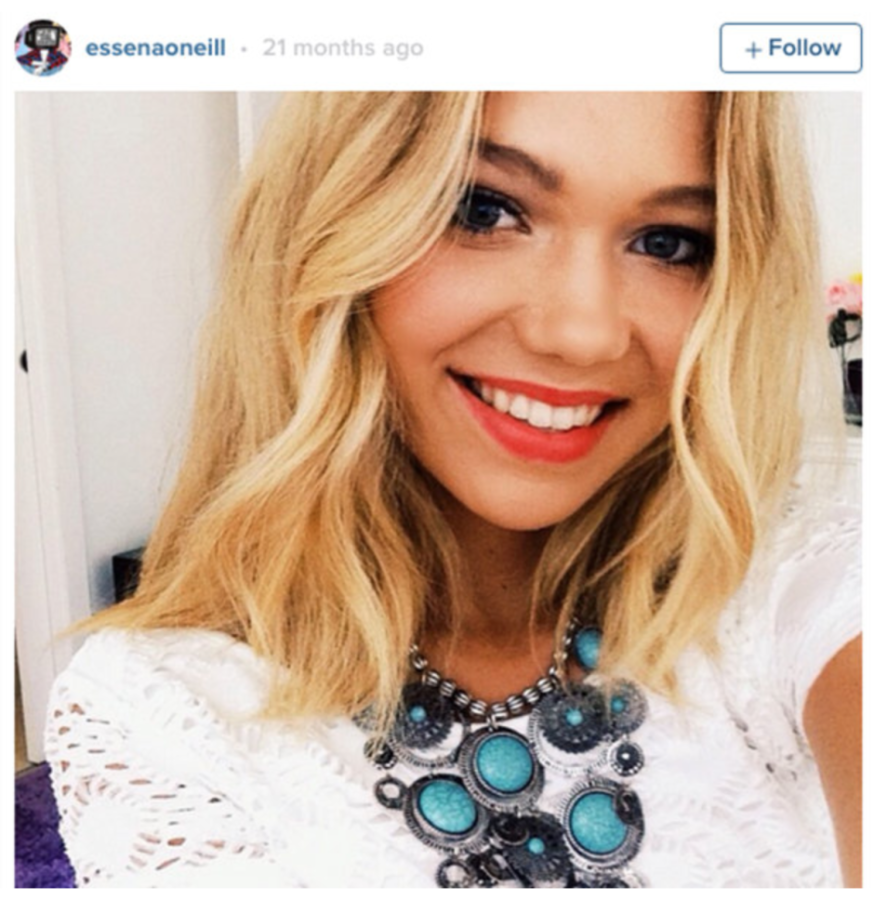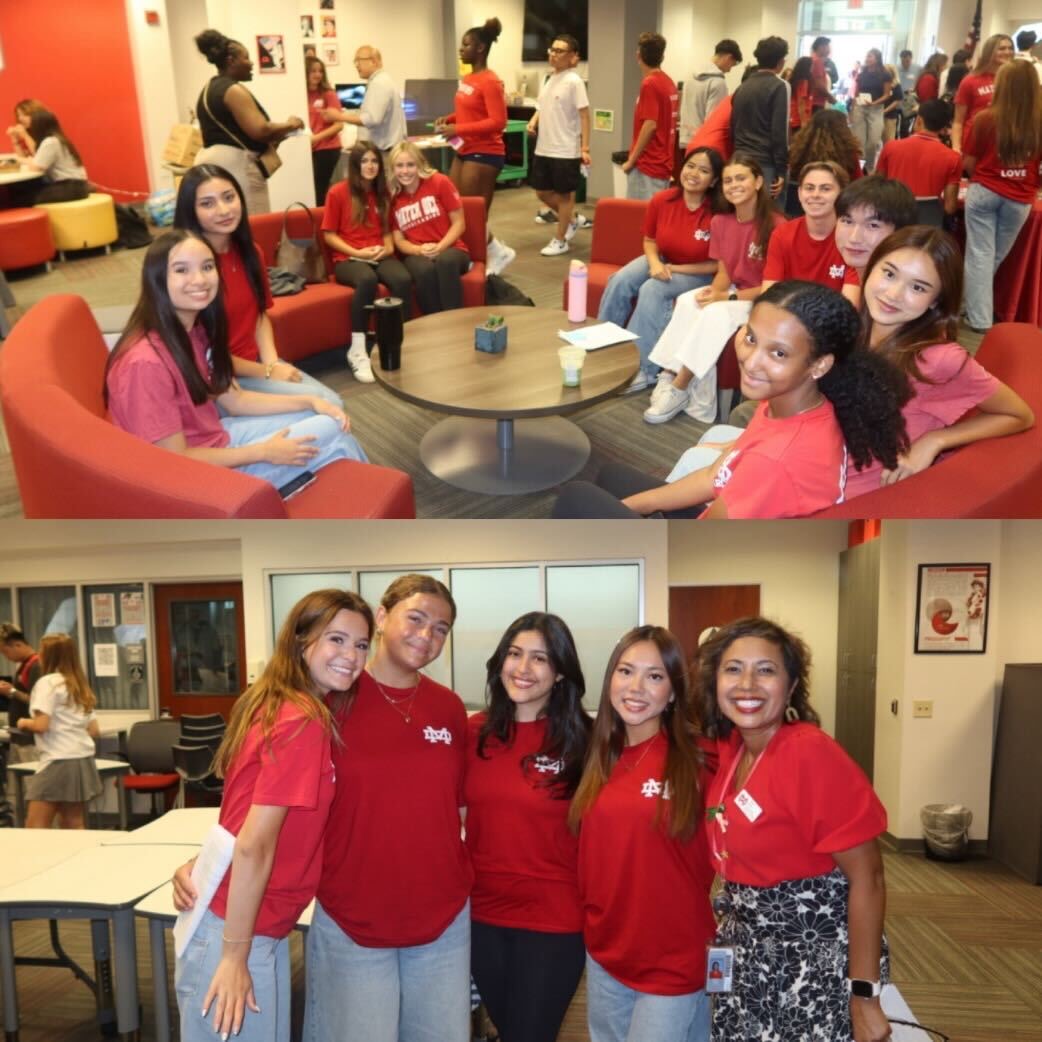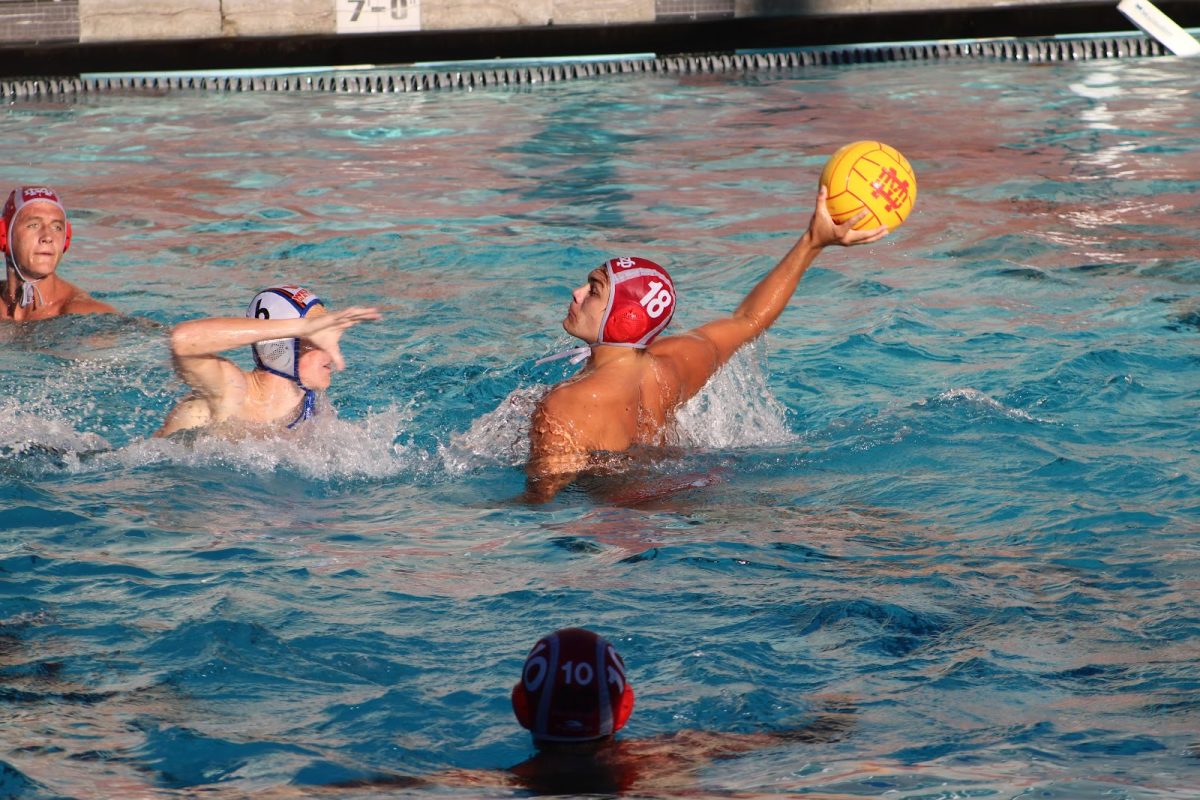Opinion: False Revolutionaries in the Online World
November 16, 2015
Quick, someone change the dictionary definition of “contradictory” to Essena O’Neill.
To seek a more authentic lifestyle in our modern world encompassed by digital media is one thing, and definitely reasonable, but to become an advocate for anti-social media exploitation while creating an entirely new website is simply an act of a false prophet.
O’Neill dramatically “quit social media,” successfully deleting her Snapchat and Tumblr, while failing to delete her Instagram and building an entire website for herself and her cause. She now preaches anti-self promotion, but aren’t her dire attempts to “be the change” all in favor of herself or the number of her website hits? Is there really that much of a difference?
O’Neill admitted that she was “fake” in the online world, advertised for companies that she didn’t believe in, wore clothes that she didn’t like, spent hours taking pictures of herself in attempts to find the perfect angle and lighting, and so on and so forth.
In this admittance, she denounced all other social media users as the same: “fake.” To generalize a group this huge is not only inaccurate, but offensive to many.
When the Australian teen vacationed in Los Angeles, she stayed with two girls that she met through social media, identical twins Nina and Randa Nelson. Shortly after O’Neill announced her quitting of social platforms, the twins released a video explaining their view of the story.
When O’Neill deemed all these people as fake, she didn’t keep in mind the feelings of her friends.
“I was surrounded by all this wealth and all this fame and all this power… and yet, they were all miserable, and I had never been more miserable,” said O’Neill in her “last Youtube video ever.”
“When she says ‘they’re all miserable,’ who is Essena talking about? Is she talking about us or staying with our parents or our brother … [or] all our friends we introduced her to? Who is she talking about? It’s just, like, looking at such a negative side and it honestly hurts my feelings that she would say [that],” said the Nelson twins in their response video.
“I don’t know how she would think that she could put that up on social media and not hurt people’s feelings. That to me is not heroic. It’s just kind of mean,” said Nina Nelson.
Many would agree that O’Neill was just a bad example of a social media star. The internet is such a powerful tool but it’s possible for social media personalities to make an income while supporting companies that they love and believe in.
To advertise and support these brands that she didn’t care for is nothing but fake on O’Neill’s own behalf.
“Just because she views likes and views and followers as validation doesn’t mean that the rest of us are like that,” said Nina Nelson.
Randa Nelson explained, “We’re promoting a message, we’re promoting our art, our music – stuff we love.”
The internet is the future and when used correctly; it can build careers, fosters people’s happiness when sharing things they love; and it allows us to connect with others on the other side of the world.
Yes, O’Neill is right when she says that young girls should know her photos weren’t candid. They were posed and photoshopped, but so is just about everything else in the media.
O’Neill claimed to be at this “pinnacle of success” but what we can all learn from this is that fame and success do not equate to happiness.









